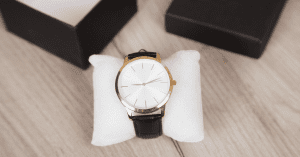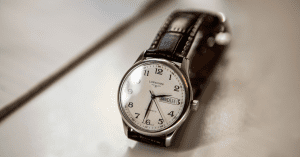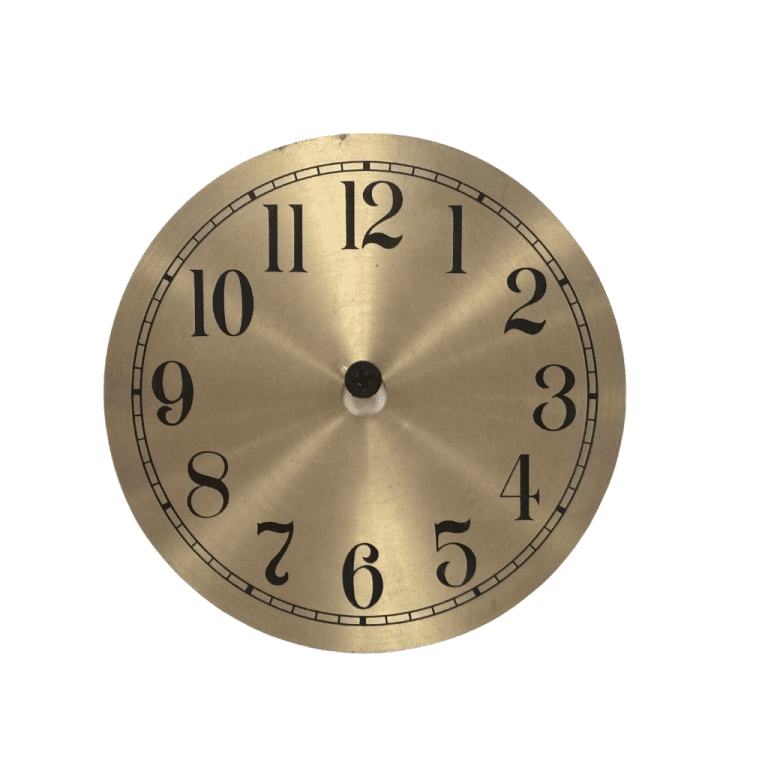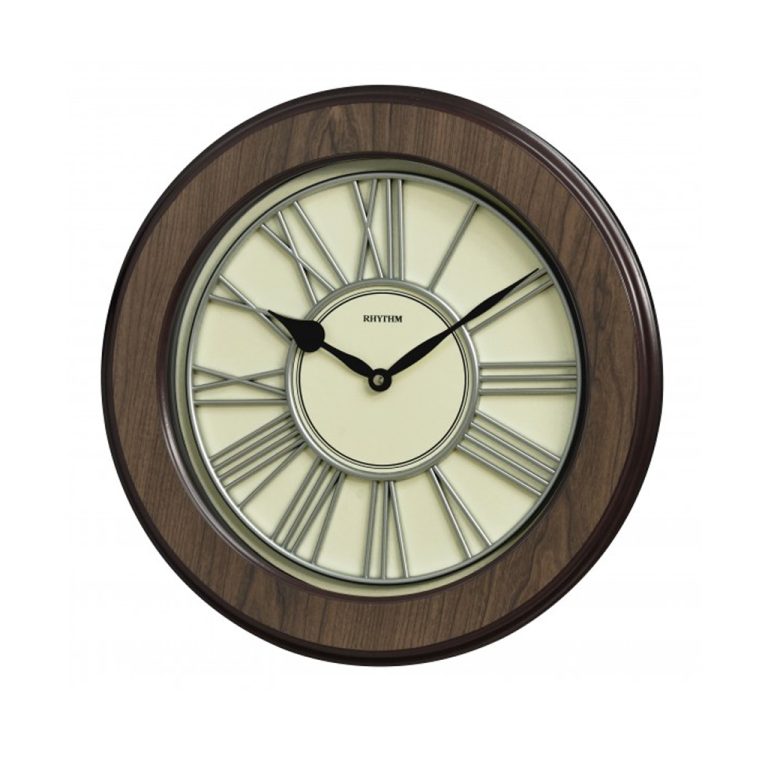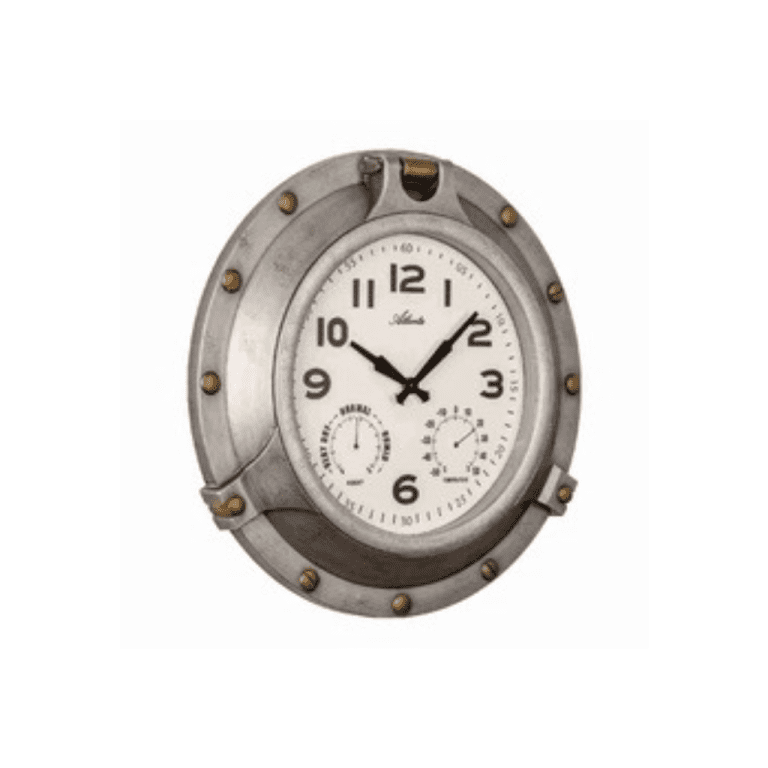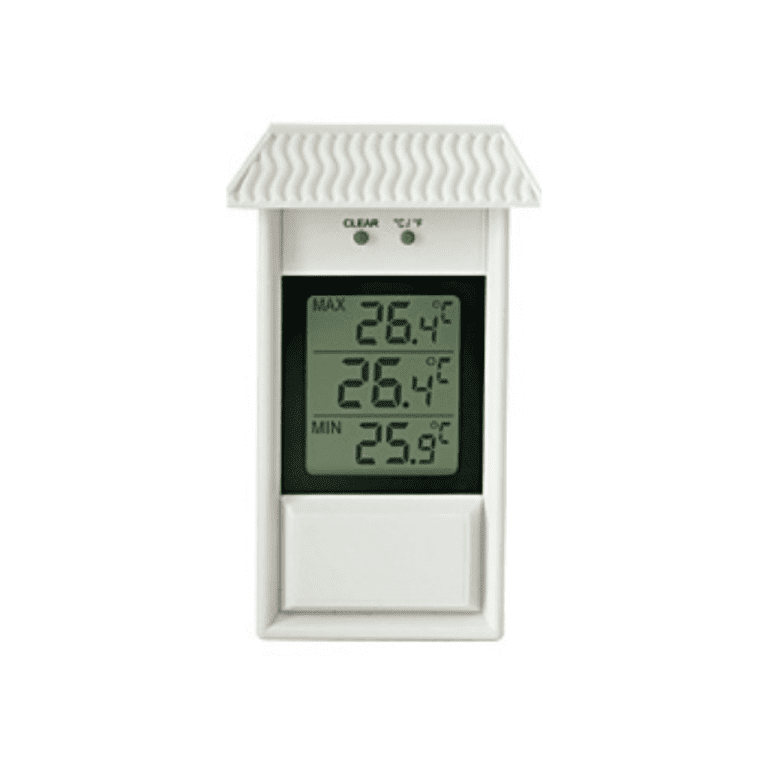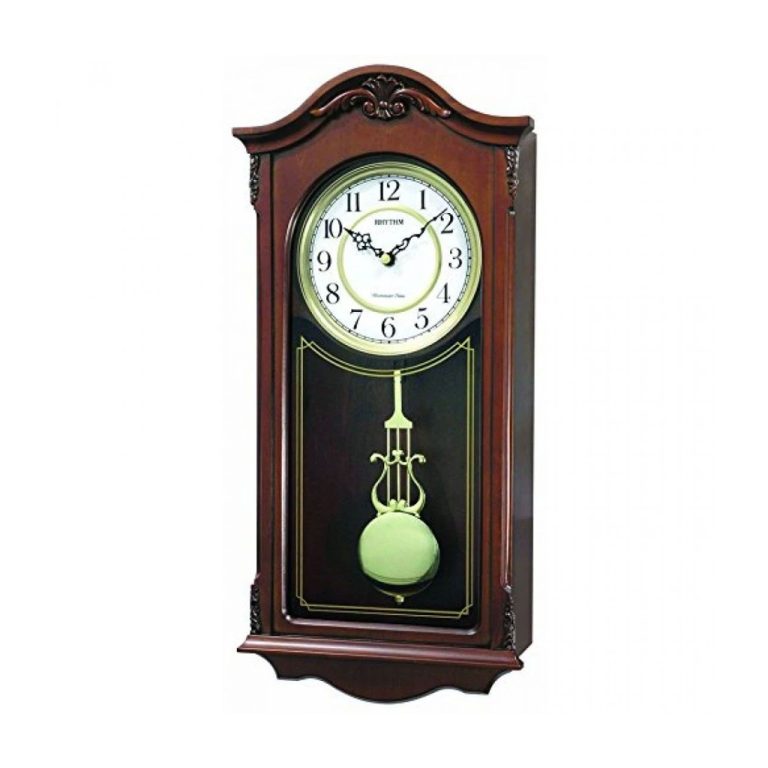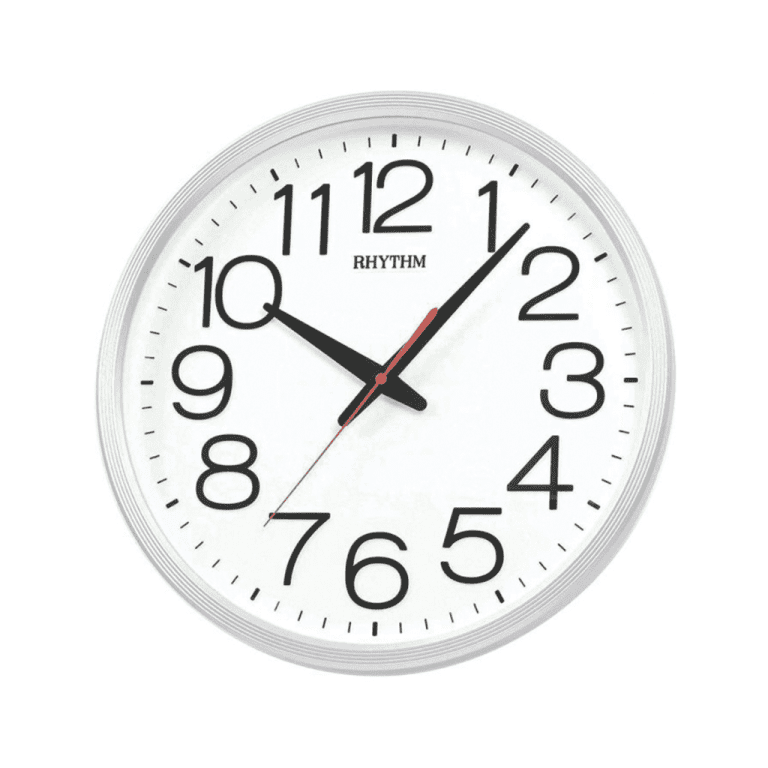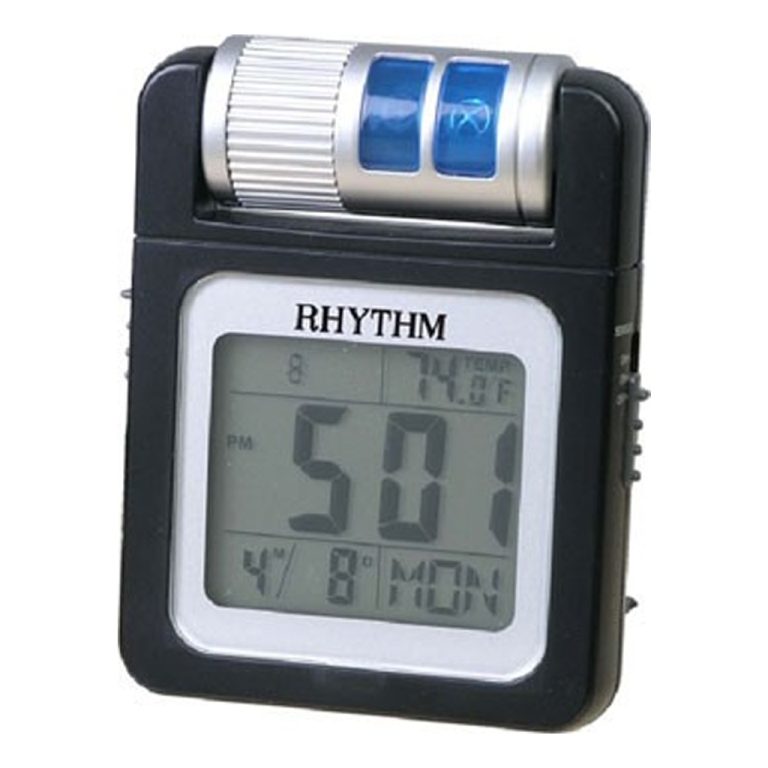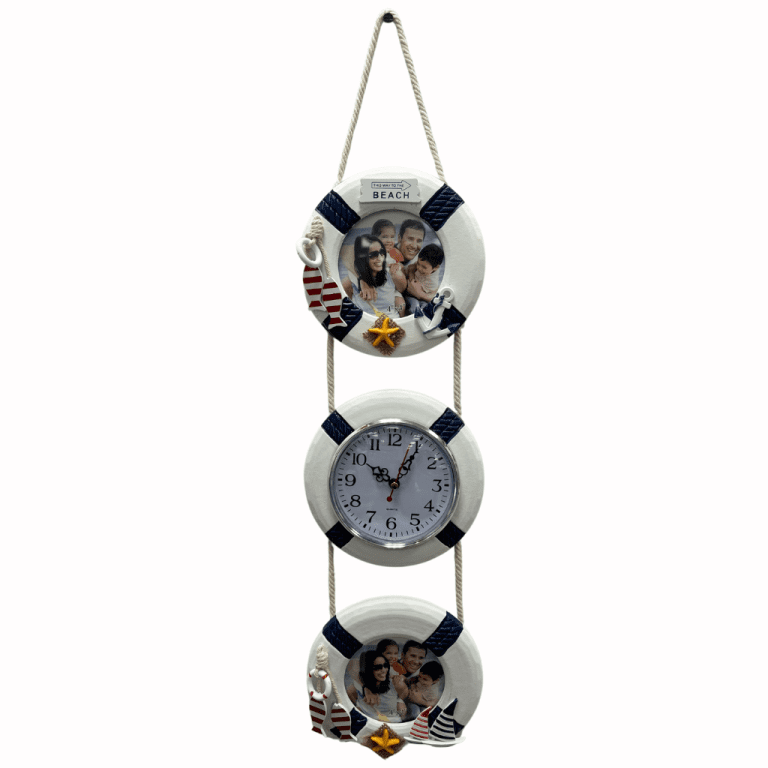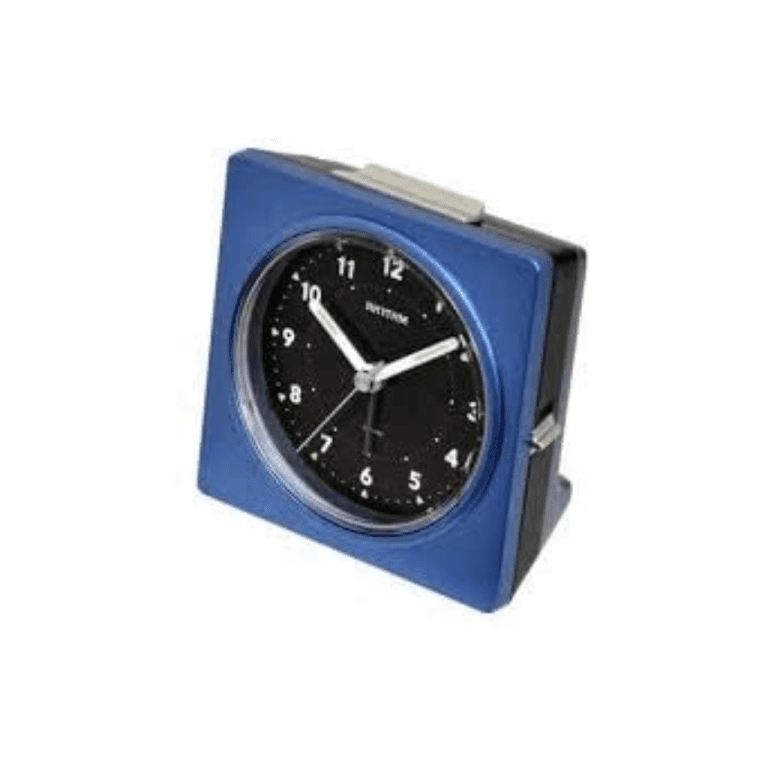A wristwatch is more than just a tool for telling time. For some, it is a symbol of personal style, a piece of family heritage, or even an investment. Whether mechanical, automatic, or quartz, a watch is a finely engineered instrument with tiny, intricate parts working in harmony. Just like a car engine or a musical instrument, it requires regular care to function properly. This is where servicing comes in. Having your watch serviced regularly is essential not only for accurate timekeeping but also for preserving its longevity, value, and overall appearance.
- Accuracy and Reliability
Watches, particularly mechanical and automatic ones, are made up of hundreds of small components that interact with one another. Over time, oils that lubricate the movement can dry out or thicken, creating friction and reducing efficiency. Dust, moisture, or even microscopic wear can also affect performance. If a watch is not serviced, it may start losing or gaining time, sometimes by several minutes a day. A timely service ensures the mechanism is cleaned, oiled, and adjusted, keeping your watch precise and reliable.
- Preventing Costly Damage
One of the greatest benefits of regular servicing is prevention. If a watch runs without lubrication or with worn parts, small issues can turn into major, expensive problems. A service allows a professional to spot early signs of wear and replace parts before they cause greater damage. In the long run, maintenance is far less costly than repairs or part replacements.
- Preserving Longevity and Value
High-quality watches are often designed to last for decades, sometimes centuries. But this longevity only holds true if they are properly maintained. For collectors and enthusiasts, keeping a watch in excellent condition directly impacts its resale value. Brands like Rolex, Omega, or Patek Philippe often command higher prices on the secondary market if they have complete service records. A watch that is regularly serviced not only lasts longer but also retains its worth.
- Protecting Water Resistance
Many modern watches are water-resistant, but seals and gaskets degrade over time. Even daily exposure to humidity, soap, or perspiration can compromise their integrity. During servicing, these seals are inspected and replaced if necessary, ensuring your watch remains protected against water damage. Without this step, even light rain or handwashing could put your watch at risk.
- Maintaining Aesthetic Appeal
A service is not limited to the movement. Professional watchmakers often clean and polish the case and bracelet, restoring the original shine. Scratches can be minimized, and dirt build-up removed, giving your timepiece a refreshed appearance that makes it look and feel new again.
Conclusion
In essence, a watch is both a functional instrument and a cherished possession. Regular servicing—typically recommended every three to five years—ensures it continues to perform at its best. More importantly, it protects your investment, prevents damage, and preserves the legacy of a piece that might one day be passed down. Much like caring for your health or maintaining your car, looking after your watch is a commitment that pays off in accuracy, beauty, and enduring value.


